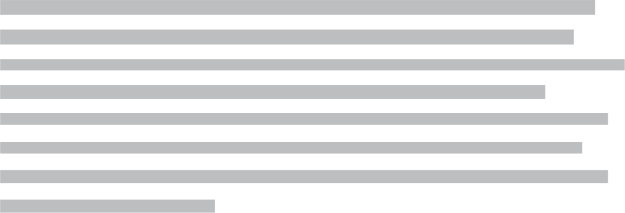All official European Union website addresses are in the europa.eu domain.
See all EU institutions and bodiesIn 2023, the average price of scrap polyethylene plastics in the EU was €330 per tonne, while the average price of virgin polyethylene plastics was €1,444 per tonne.

The average price of both virgin and scrap polyethylene has remained relatively stable over time in the EU27, except for 2021 and 2022 when prices surged followed by a decline in 2023. Both scrap and virgin polyethylene follow a similar trend, experiencing comparable fluctuations, though scrap prices tend to be slightly less volatile than virgin prices. The monthly price variations seen in Figure 1 show that the curve of scrap is flatter than the one for virgin and that events that might have an impact on virgin prices (01-2015 to 04-2015) do not necessarily affect scrap prices the same way. One of the reasons for higher volatility of virgin plastics can be explained by the volatility in petrochemical prices. Several factors may explain the price fluctuations observed since 2020: (1) In 2020, virgin plastic production in the EU as well as prices of oil and gas sharply declined due to the Covid-19 pandemic. At the same time, the amount of plastic waste recycled in the EU also decreased, potentially leading to lower availability of scrap plastic and driving up prices; (2) Elevated energy costs and logistical challenges likely contributed to the continued price increases in 2021 and 2022; (3) these years also saw high demand for flexible plastics such as HDPE and LDPE (Flexible Packaging Europe, 2022); and (4) the sudden drop in prices of virgin material in 2023 could be explained by an oversupply of petrochemicals mainly from China and the USA. Slowing demand growth may also account for the price reductions observed in 2023.
In comparison with other types of plastics, the scrap polyethylene market appears mature, with stable and resilient prices, which are crucial for producing secondary plastics. Understanding the prices of both scrap and virgin plastics prices is essential for assessing circular economy. Lower scrap plastic prices can create opportunities for cost-effective recycling, encouraging the production and use of recycled plastic in new products. However, other factors such as the quality of recycled plastic can also affect its use and uptake. The quality and properties of recycled plastic might not meet the same standards as virgin plastic which can prevent it from being used in some sectors (e.g. medical or food packaging). This is a key issue, as the quality of recycled plastics will need to improve and be reliable, as their use grows within a circular economy.




